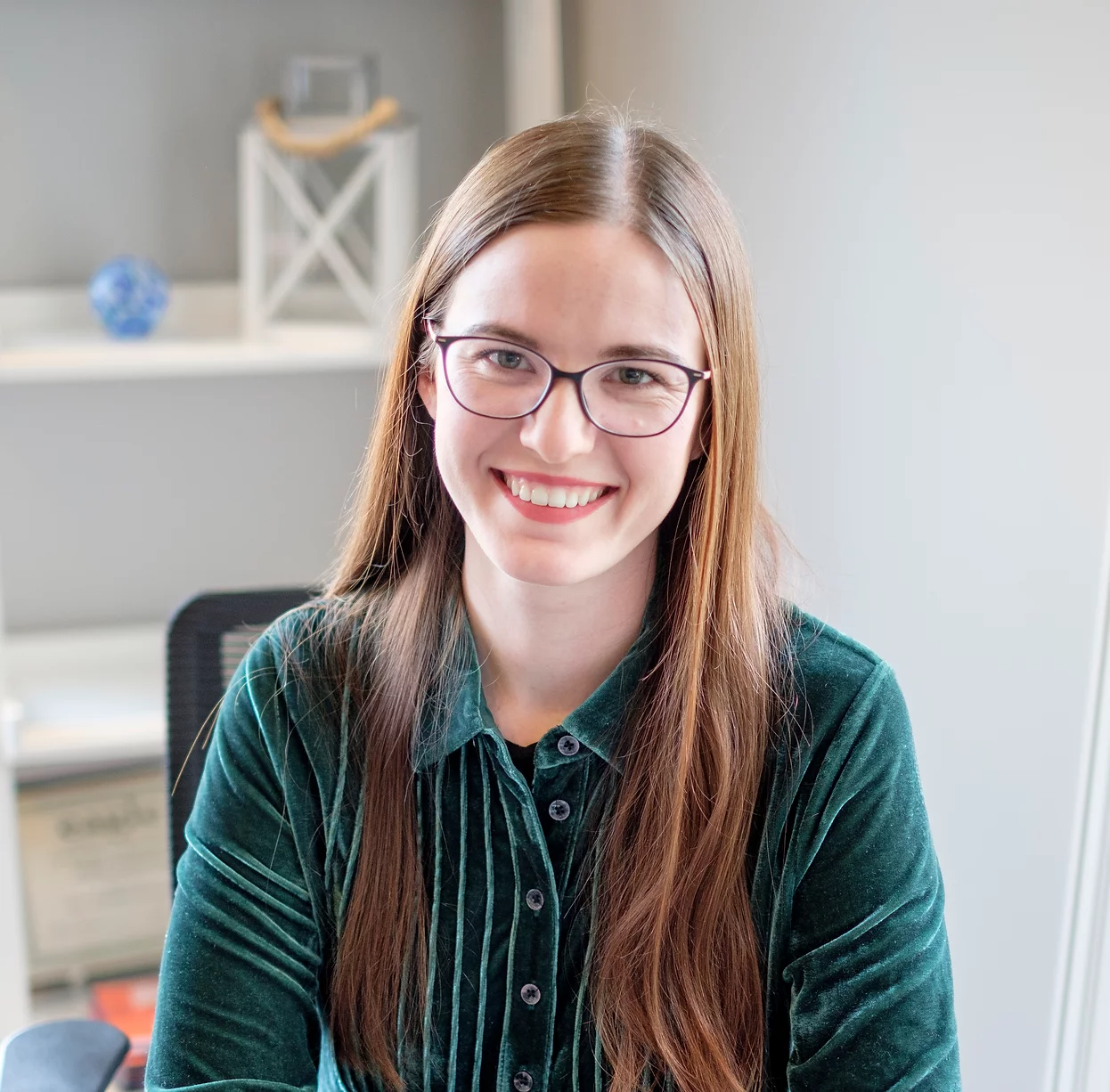I caught the travel bug at the age of 14, when I went on a People to People student ambassador trip that opened my eyes to the vast array of wonderful things the world has to offer. It sparked a sense of curiosity and made me feel alive and present as I took in new sights and experiences. It also gave me the bravery to travel to Mexico at the age of 16, where I stayed with some distant relatives who spoke no English, forcing me to practice my Spanish every day for a month. In college, I spent a semester abroad traveling around the British Isles and staying nowhere for more than a week at a time, and it was the happiest four months of my life.
That travel bug hasn’t faded at all, and as an adult, I now make it a priority to take at least two big trips a year. Ideally, this means one international trip and one domestic trip, but the most important thing is that I visit a location I haven’t seen before. In total, at the age of 28, I’ve been to 14 foreign countries, with plans to travel to Iceland and Japan within the next year. Just to be clear, I’m no extravagant spender. All of my trips have been extremely low-budget and made possible by some excellent flight deals. (I spent $400 on round-trip flights to Iceland, for example!)
Because travel has been a formative part of my life, I’ve noticed something about my mindset and experiences when I’m traveling that’s significantly different than when I’m at home: Time slows down.
You know how as you age, time seems to go by faster and faster each year? As a kid, a day felt long and full of potential. Now, time is whizzing past us all at a rate we can hardly keep up with. The reason is because we’re all so busy our brains begin to take shortcuts and dissociate from regular, boring activities. And that’s a good thing. Our brains need to take shortcuts to preserve energy. But we aren’t forming new memories through novel experiences because our routines don’t contain many novel experiences. At the end of a regular workday, even if it’s boring, you may feel as though the day rushed past you. But at the end of a long day of exploring a new place, it feels different, like the day has contained far more than a day’s worth of activities. When you have new experiences, your brain is more likely to commit those to memory because it perceives them as new information it needs to encode, and thus it makes your day feel longer.
So what’s the benefit of feeling like your days are longer? It’s not just that you’re having new experiences and learning from them—it’s also that it slows you down too, not just time. It allows you to access that child-like perspective and notice the world around you more actively. You have richer, deeper experiences. It makes you feel more present in your body and in the world around you and helps you appreciate those things. Personally, I believe this is vital for mental health.
At any given time throughout the day, I’m usually wrapped up in my thoughts, living in my head and focused on the problems I’m trying to solve and tasks I need to complete. I am not paying attention to my body or the world around me. I might pick up my phone for entertainment while I’m eating lunch or waiting for my husband to get his shoes on so we can get out the door. The in-between spaces get filled with entertainment or busy thoughts, which leaves little room to truly experience things, to notice your surroundings, and to truly feel alive.
Of course, you can have the same mundane experience while traveling if you don’t make an effort to truly engage with your surroundings, with the people you meet, and with your physical self in a new location. One of the best things you can do to help you stop and appreciate what you’re seeing and experiencing is to keep a journal. I like to sketch things, even though I’m not great at drawing, because it helps me notice details and pay attention. But it’s also great to write, to collect leaves and ticket stubs and even bits of dirt to add to your journal. And the best part is that when you come home, those details you added to your journal will trigger memories you would otherwise have forgotten.
So don’t just travel to travel. Put your phone away. Put your thoughts away. See like a child, forming new experiences and memories like it’s the first time—because it is!

Megan Terry has worked with Aloha Publishing since 2018 as an editor and ghostwriter and writes creativity, writing, and productivity tips for the Aloha blog. She has a BA in creative writing from Whitworth University and a graduate certificate from the Denver Publishing institute. Her writing has been published in Forbes and Entrepreneur magazines. Megan currently lives in the forest in Michigan’s Upper Peninsula with her geologist husband and spends her free time riding horses, writing fiction, and sewing fabulous costumes for conventions and historical events.

